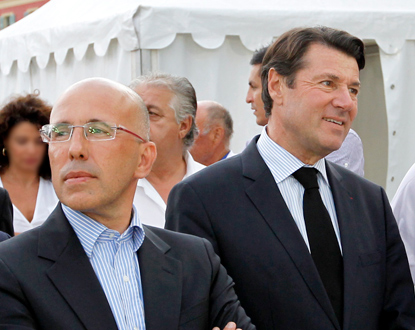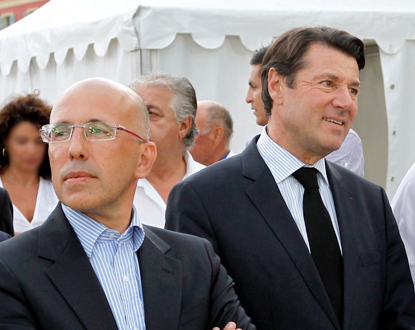The Sarkozy case reignites the diatribe between the supporters of the former President of the Republic and his numerous opponents.
 Without delving into the details of an accusation brought against him by the investigative judges and considering the reactions bordering on paranoia from his friends, the initial reflection is simple and clear: wouldn’t it be better to return to more thoughtful and balanced behavior and comments?
Without delving into the details of an accusation brought against him by the investigative judges and considering the reactions bordering on paranoia from his friends, the initial reflection is simple and clear: wouldn’t it be better to return to more thoughtful and balanced behavior and comments?
Theoretically, no one should know the contents of the indictment or the elements presented by the interested party in his defense.
So, why discuss, comment, judge them, and already predict the outcome?
Of course, we are not that naive: if a former President of the Republic is not Mr. Nobody, that does not suffice to exempt him from the application of the law, which, as someone who held the supreme magistracy should know better than anyone else, is (or should be) equal for everyone!
Starting with the premise that an investigative act is by definition persecution if it affects you is a poor approach and serves the interested party poorly.
It also seems clear that diverting attention from the substance of the cases to focus on a political explanation of the matter is a defense strategy that does not deceive many people.
And, to set a good example, it’s not the best system to get out of it: even the Italians, after 20 years of “Berlusconism” tinged with entrepreneurship that the interested party defined as “persecution by communist magistrates,” ended up understanding and turned their back on the politician by inflicting some electoral slaps.
If Nicolas Sarkozy wants to return to politics, it is his right and his problem (convincing the voters) and not that of the magistrates who have another mission.
But playing the victim is probably not the right tactic, and if one has a good memory, one could enumerate a certain number of episodes which, without falling into the criminal, do not make for good references.
In this case, linking the two facts as the interested party and his entourage do is an abuse of interpretation and does not respect the presumption of innocence, which should rightly apply to everyone, as Eric Ciotti says so well “The principle of the presumption of innocence must apply to all defendants, including Nicolas Sarkozy.”
There would thus be an application of this sacrosanct principle for the presumed accused and not for the investigating magistrate: one is innocent until proven otherwise, the other “guilty” for the mere fact of having investigated?
Finally, what should we understand… Whether said by the sycophants or members of the clique, it is passable, but hearing these same comments from political leaders amounts to an insult to others’ intelligence.
For this reason, while appreciating Christian Estrosi’s moral support for his “friend” Nicolas Sarkozy (@estrosi: I think of my friend @NicolasSarkozy!), we remember this statement from the mayor of Nice and future (?) candidate in the right-wing primary for the 2017 presidency:
@estrosi: At the end of a violent ordeal under unacceptable conditions, Nicolas Sarkozy delivered his truth to the French…
Precisely and well said: “his” truth.
Ultimately, wouldn’t it be better to let justice take its course without unnecessary polemics that exacerbate minds?



